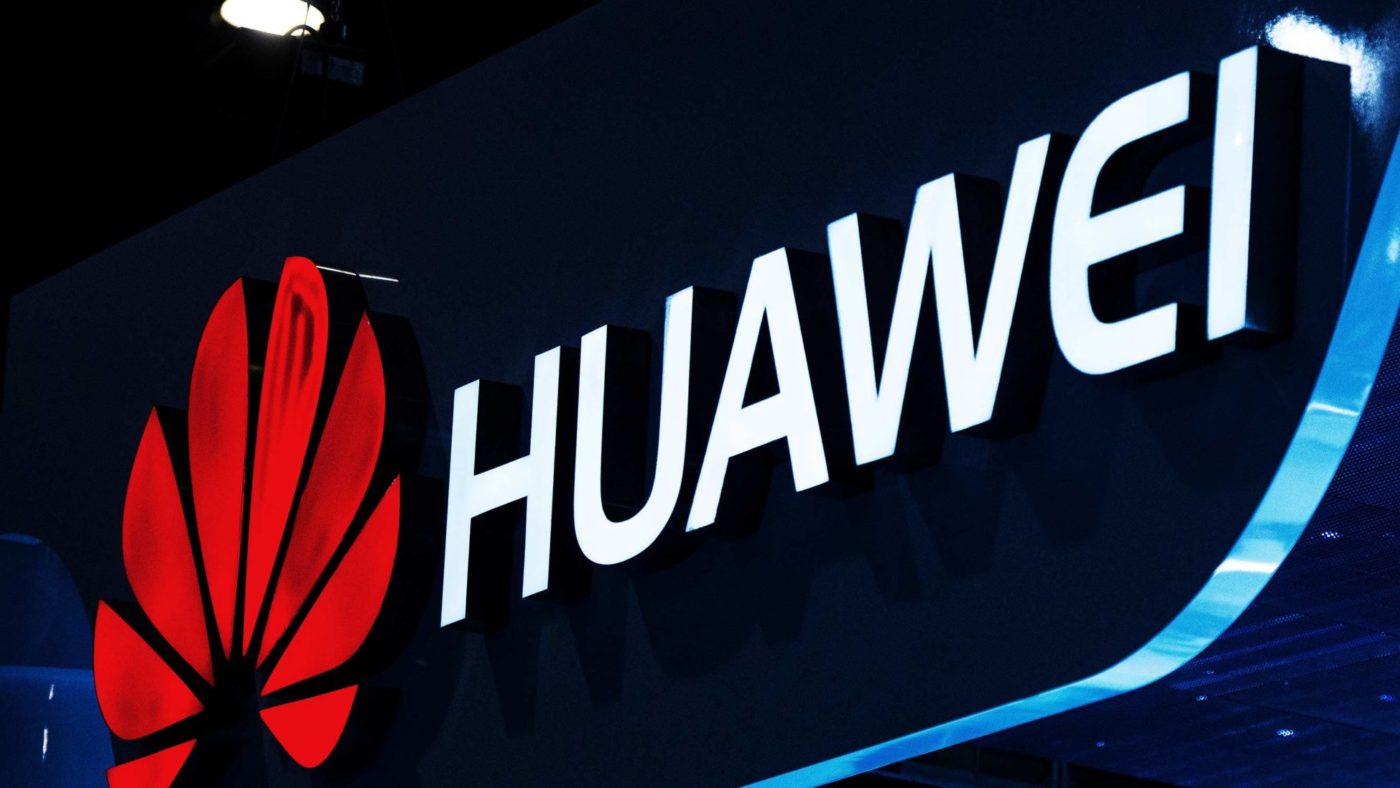The new Tory leader will be faced with momentous decisions about Brexit and the future of the United Kingdom. But these priorities cannot come at the cost of other key decisions related to the UK’s long term economic vibrancy and political independence. High on that list of decisions the next Prime Minister must make is over Chinese telecoms firm Huawei’s presence in the UK.
In its response to questions aimed at making an informed decision, Huawei has consistently told the UK that it does not care about British interests. These interests extend beyond national security and have a human impact. Huawei’s penetration of global telecoms sector exposes British households to the Chinese Communist Party’s gross human rights abuses, notably in Xinjiang. When pressed at Parliamentary hearing recently, Huawei’s cyber security officer John Suffolk’s only defence was that Huawei follows the law in the countries in which it operates without “creating moral judgements”.
But not only has Huawei rejected British interests, it has been disingenuous about it. In response to questions on whether Chinese law can be used to force Huawei to act in the Chinese party-state’s interests over British interests, Huawei contradictorily claims that it is both compliant with Chinese law and able to “say no” if the Party-state’s law is used to compel it to act.
This, of course, makes no sense.
The law in China is what the Chinese Communist Party says it is, and it is a tool for enhancing the Party’s power. As Chairman Xi Jinping said in a speech published in February, “Comprehensively relying upon the law to rule the country does not at all to weaken the Party’s leadership…” but rather consolidates the Party’s hold on power. Power is political, but Huawei wants to obscure this fact.
Suffolk contended, “There are no laws in China that obligate us to work with the Chinese government with anything whatsoever.” Suffolk added, “We have looked at all of the Chinese laws: we have taken on board professors in Chinese law, and we had their views validated via Clifford Chance in London…”
The Clifford Chance “legal advice” has not been released publicly, but we have obtained a copy. It only attempts to affirm a declaration Beijing-headquartered Zhong Lun Law Firm provided to the US Federal Communications Commission.
In fact, engaging Clifford Chance was little more than a Huawei publicity stunt because only Chinese firms are allowed to provide a legal opinion on PRC law. Huawei’s spokespeople want to claim it as authoritative, even though Clifford Chance dutifully states the document “should not be construed as constituting a legal opinion on the application of PRC law.” Despite the document’s invalidity as an opinion on how the law can be applied, Huawei’s PR campaign still uses it as evidence. After all the global debate on Huawei centres precisely around the application of PRC law.
Even if we judge the Zhong Lun and Clifford Chance opinions on what they claim to do — assess the laws as written — they both dismiss intent and language of China’s far-reaching state security legislation.
The message contained in each of China’s state security laws passed since the beginning of 2014 is clear: everyone is responsible for the party-state’s security. According to the CCP’s definition of state security, the Party’s political leadership is central. Security serves the Chinese Communist Party and its rule, not China nor its people.
And the party expects Chinese people and citizens to assist in collecting intelligence. The Intelligence Law states “any organization and citizen shall, in accordance with the law, support, provide assistance, and cooperate in national intelligence work, and guard the secrecy of any national intelligence work that they are aware of…” Not only is everyone required to participate in intelligence work when asked, but that participation must be kept secret.
Of course, Huawei founder Ren Zhengfei has to deny (as he indeed has) that the company would allow Chinese intelligence to use Huawei’s access and resources. If, as Suffolk contends, Huawei operates within the laws of the countries in which it does business it would still be bound by Chinese law which, serving the party, does not stop having effect outside China.
But, let’s entertain for a moment that Huawei is a normal, independent company. If Huawei has the right to refuse CCP’s state security demands, then the company is simply admitting that it wilfully supplies the state with the technology to commit human rights violations.
If Huawei just follows the law like any normal independent company, how should it be judged?
A normal company does not have hostages held on its behalf. Since Huawei CFO Meng Wanzhou’s detention pending extradition in Canada last December, China has held two Canadians, Michael Kovrig and Michael Spavor, on vague charges of endangering state security.
A normal company also should not admit to having no opinion on morality, particularly when its equipment directly supports the Party-state’s detention of 1.5 million of Xinjiang’s Muslim population who languish as “terrorists” in internment camps – the same camps where torture ranging from beatings to forced medication (which sounds a lot like forced sterilization) has been reported.
Until it proves otherwise, this is how Huawei should be judged.
CapX depends on the generosity of its readers. If you value what we do, please consider making a donation.


